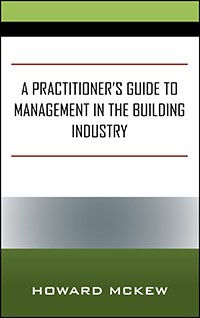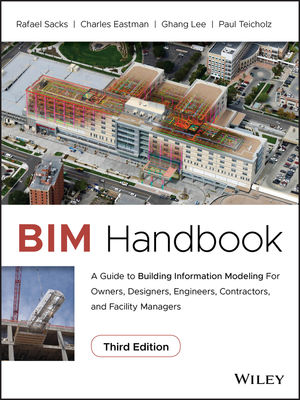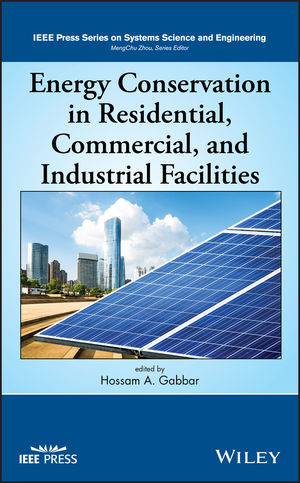In his statement, president James M. Shannon said that although the nursing home industry has made great strides in recent years to ensure residents are safe in the event of fire, more needs to be done. Sprinklers are already required in all new and many existing nursing homes, but where they are not yet required they must be added to the package of fire protection provided by existing codes and standards. He said nursing homes should be protected with more stringent fire protection because their residents are the least capable of saving themselves from fire.
Shannon said his call for action is independent and does not interfere with the time-honored code-development process through which NFPA codes and standards are developed and revised. NFPA codes are developed by the consensus of diverse, experienced volunteers who serve on various NFPA committees, including those that pertain to fire and other life safety.
"NFPA, as a century-old fire safety advocate, has an obligation to be an advocate and lead on issues crucial to safety, in this case, the need is for greater safety for nursing home residents," he said.
"These tragedies have taught us that we must do more to keep our elderly and disabled safe from fire. We know that fire sprinklers can control fires where they start and alleviate the burdens placed on staff to deal with the fire while relocating or evacuating patients," said Shannon. "Sprinklers must be included in our stock of existing nursing homes because it is evident that common fire protection measures in nursing homes that work well now need to be strengthened."
According to NFPA research, when sprinklers are present in a building, the chances of dying in a fire are cut by one-half to two-thirds, compared to fires where sprinklers are not present. In fact, when measured by the average number of deaths per thousand fires in 1994-1998, the reduction associated with sprinklers is 82% for properties that care for the aged or sick.
One-quarter of all nursing home fires occur in facilities not equipped with sprinklers. It is estimated that overall 10-15% of all nursing homes are not equipped with sprinklers.




